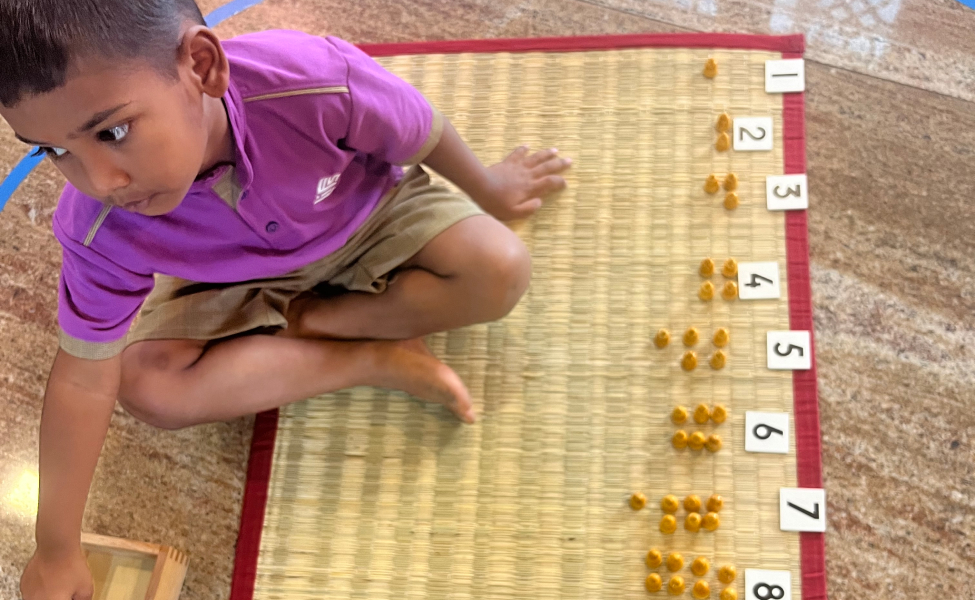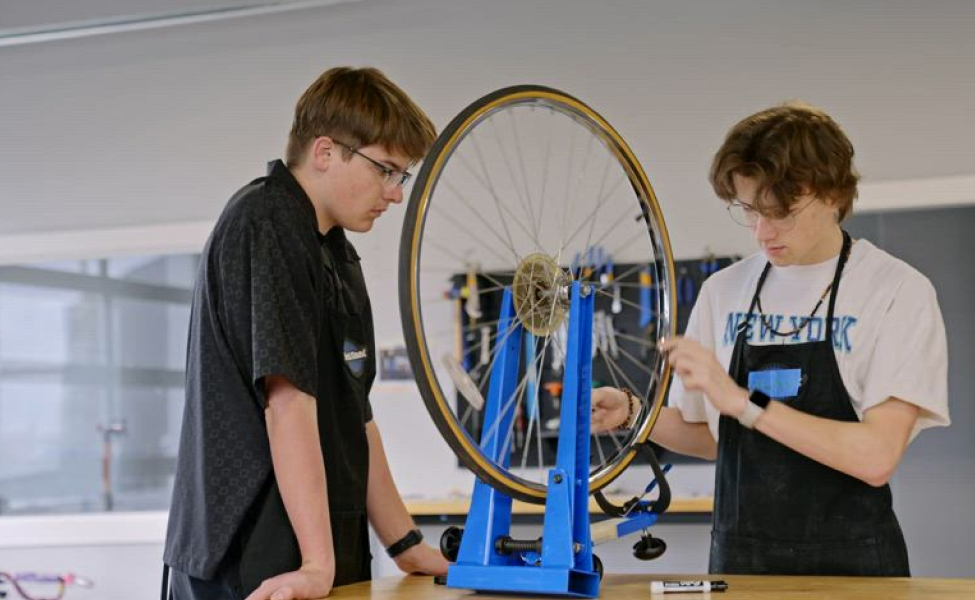1. Holistic Learning Experience
Montessori high schools prioritize a balanced educational experience that nurtures the intellectual, emotional, and social development of students. Instead of focusing solely on rote memorization or standardized tests, Montessori schools emphasize critical thinking, problem-solving, and real-world application of knowledge. This approach allows students to engage with the curriculum in a meaningful way, encouraging lifelong learning and curiosity.
2. Personalized Learning Pace
One of the key principles of the Montessori method is the recognition that each student learns at their own pace. In a Montessori high school, students are given the autonomy to advance through subjects as they master them, rather than being held to a rigid, one-size-fits-all curriculum. This flexibility ensures that students who grasp concepts quickly can move ahead, while those who need more time can receive the support they need without feeling rushed or left behind.
3. Emphasis on Independence and Responsibility
Montessori high schools foster independence and self-motivation. Students are encouraged to take ownership of their learning, setting their own goals and managing their time effectively. This approach not only cultivates academic success but also teaches teens critical life skills such as time management, self-discipline, and personal accountability. These skills are invaluable for success in higher education and beyond.
4. Focus on Real-World Skills
In addition to academic rigor, Montessori high schools emphasize the development of real-world skills that are essential for adult life. Whether it’s through project-based learning, internships, or community service, students are given opportunities to apply what they learn in practical settings. This hands-on experience not only deepens their understanding of academic concepts but also prepares them for the challenges of the workforce and higher education.
5. Small Class Sizes and Close-Knit Communities
Montessori high schools often maintain smaller class sizes than traditional schools, allowing for more personalized attention from teachers. These smaller communities foster close relationships between students and educators, creating a supportive environment where every student feels seen and valued. This personalized attention ensures that each student’s unique needs and potential are recognized and nurtured.
6. Collaboration Over Competition
Unlike many traditional high schools that prioritize competition through grades and rankings, Montessori schools focus on collaboration and teamwork. Students are encouraged to work together on projects, solve problems collectively, and support one another’s learning. This collaborative environment builds strong interpersonal skills, emotional intelligence, and a sense of community.
7. Fostering Creativity and Innovation
Montessori education values creativity and encourages students to explore their passions. Teens in Montessori high schools have the freedom to pursue projects that interest them, whether it’s in the arts, sciences, or technology. This freedom to innovate leads to a more engaged, motivated student body and fosters a creative mindset that is essential in today’s rapidly changing world.
8. Supportive Transition to Adulthood
Adolescence is a time of significant personal growth, and Montessori high schools are designed to support this transition. Teachers serve as guides and mentors, helping students navigate the complexities of teenage life, from academic challenges to social pressures. By providing a safe, supportive environment, Montessori schools help teens develop self-confidence and a sense of purpose as they prepare for the next phase of life.
9. Global Citizenship and Social Responsibility
Montessori high schools place a strong emphasis on developing students’ sense of social responsibility and global awareness. Students are encouraged to think critically about global issues, engage in community service, and explore ways they can contribute positively to society. This emphasis on global citizenship fosters empathy, cultural understanding, and a commitment to making the world a better place.
10. Preparation for College and Beyond
Contrary to the misconception that Montessori schools are less academically rigorous, Montessori high school graduates are often well-prepared for college and life beyond. The independent, self-directed learning model equips students with the skills needed to succeed in higher education, such as critical thinking, research, and time management. Additionally, Montessori students tend to have strong emotional resilience and adaptability, which helps them thrive in the diverse challenges they will face in college and their careers.
Conclusion: A Nurturing Pathway to Success
Montessori high schools provide a unique and enriching educational experience that goes beyond traditional schooling methods. By focusing on holistic development, personalized learning, and real-world application, Montessori schools prepare teens not just for academic success, but for life. In a world that increasingly values creativity, collaboration, and critical thinking, a Montessori high school can give your teen the tools they need to thrive.
Choosing a Montessori high school for your teen is an investment in their future, ensuring they grow into confident, independent, and compassionate individuals ready to face the challenges of adulthood.




